Russia – USSR year 1958 Peter Tchaikovsky Composer MNH
Pyotr Ilyich Tchaikovsky, often anglicized as Peter Tchaikovsky, was a Russian composer of the Romantic era, known for his richly melodic compositions, emotional depth, and skillful orchestration. He is considered one of the most prominent and influential composers in the history of classical music.
Tchaikovsky was born on May 7, 1840, in Votkinsk, Russia, into a middle-class family. From an early age, he showed musical talent and received piano lessons, eventually attending the Saint Petersburg Conservatory, where he studied composition under Anton Rubinstein.
Throughout his career, Tchaikovsky composed a wide range of works across various genres, including symphonies, concertos, operas, ballets, chamber music, and choral works. Some of his most famous compositions include:
- Symphonies: Tchaikovsky’s symphonies are among his most celebrated works, with Symphony No. 6 in B minor, Op. 74, also known as the “Pathétique,” considered one of the greatest symphonies of the Romantic era.
- Ballets: Tchaikovsky’s ballet music is renowned for its lush melodies and evocative orchestration. His three ballets, “Swan Lake,” “The Sleeping Beauty,” and “The Nutcracker,” are staples of the classical ballet repertoire and continue to be performed worldwide.
- Concertos: Tchaikovsky composed several concertos for piano and orchestra, including the Piano Concerto No. 1 in B-flat minor, Op. 23, which is one of the most popular and frequently performed piano concertos in the repertoire.
- Operas: While not as well-known as his instrumental works, Tchaikovsky’s operas, such as “Eugene Onegin” and “The Queen of Spades,” are admired for their lyrical beauty, dramatic intensity, and psychological depth.
- Orchestral Works: In addition to his symphonies and concertos, Tchaikovsky composed a variety of orchestral works, including overtures, tone poems, and suites, such as the “1812 Overture” and the “Romeo and Juliet Fantasy Overture.”
Tchaikovsky’s music is characterized by its emotional expressiveness, lyrical melodies, and colorful orchestration, which have made it beloved by audiences around the world. Despite facing personal struggles and periods of self-doubt, Tchaikovsky’s legacy as a composer continues to endure, with his music remaining an integral part of the classical music canon. He died on November 6, 1893, in Saint Petersburg, Russia, at the age of 53.

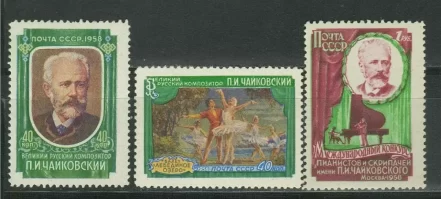

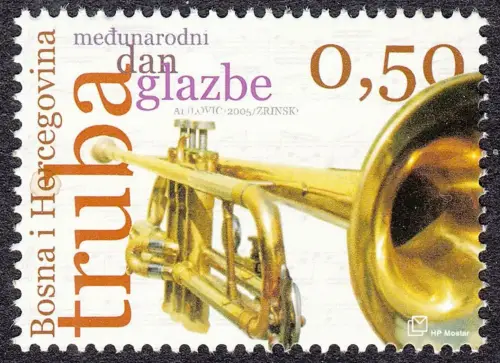

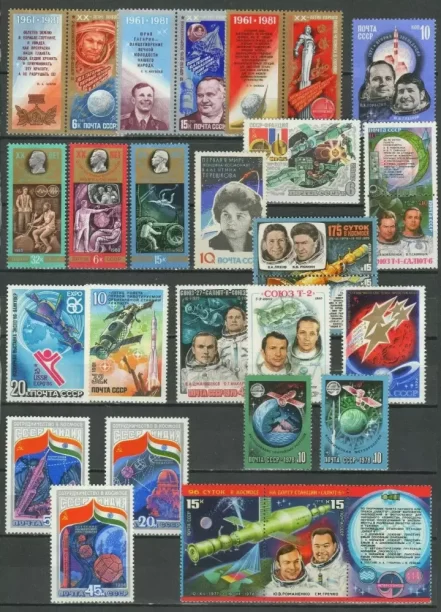
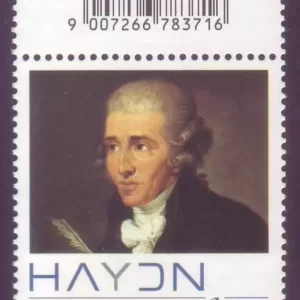
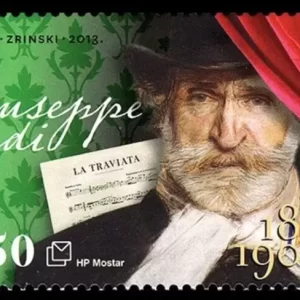
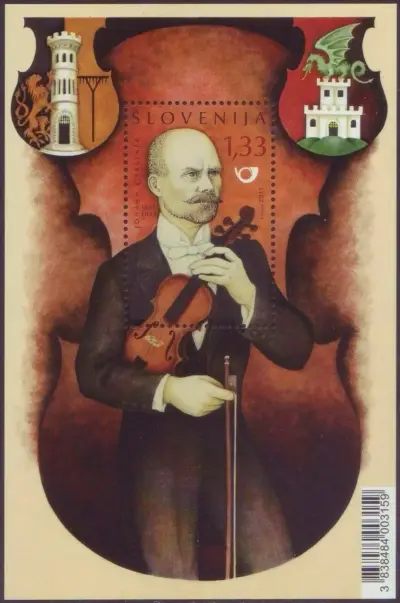


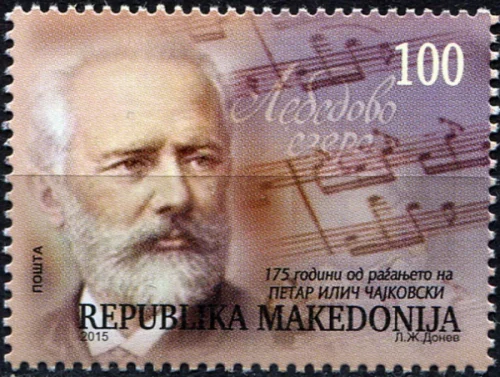
Reviews
There are no reviews yet.